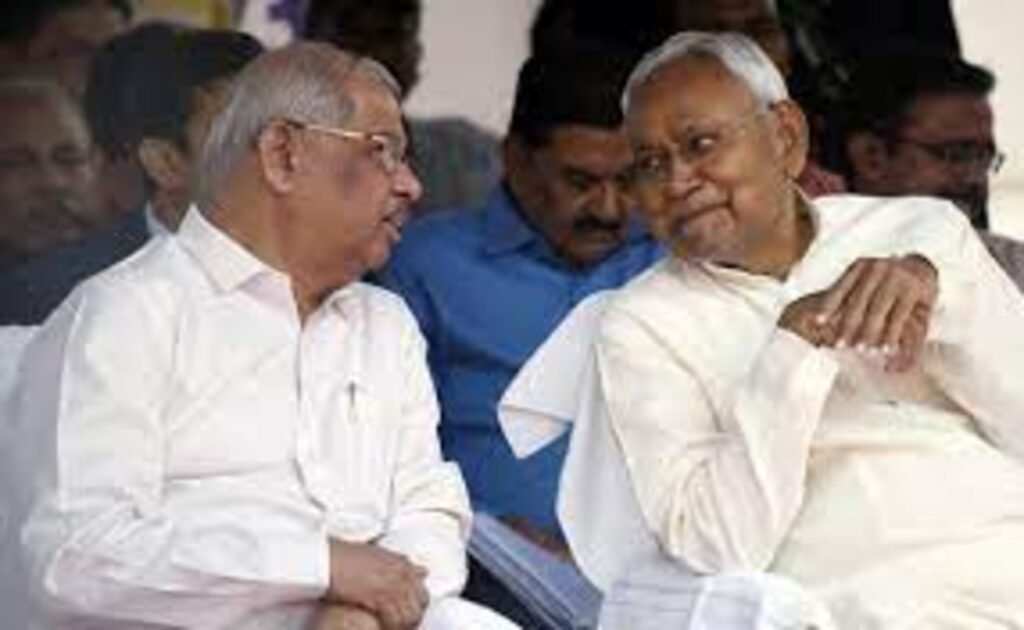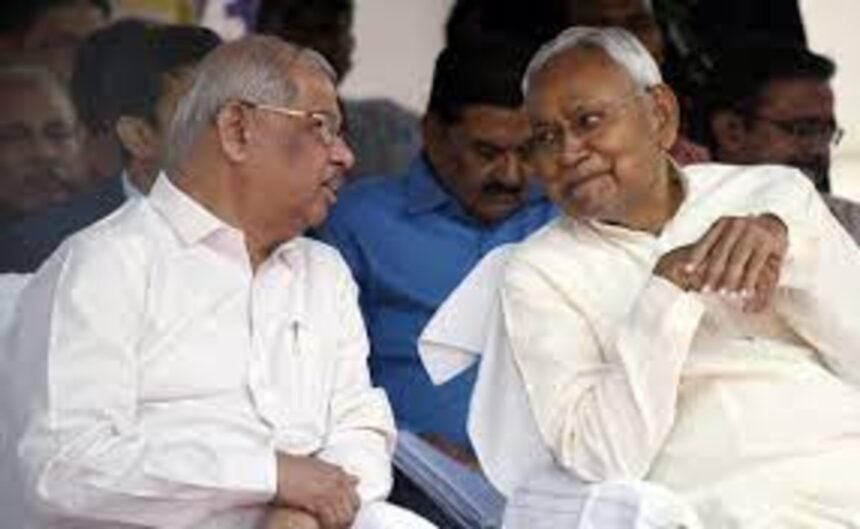September 2, 2023
Introduction
In a significant development that has sparked controversy in Bihar, Governor Rajendra Vishwanath Arlekar has issued an order instructing the state government and the education department to refrain from interfering in the affairs of universities within the state. The order, issued on August 31 by Robert L Chongthu, the principal secretary to the governor, emphasizes the autonomy of university administration and the authority of the office of the Chancellor.

The instruction underscores the Governor’s assertion of his powers under the Bihar State University Act 1976, Section 9 Sub-Section (7) (ii) and (8), which grants him the authority to issue directions to universities. It specifies that henceforth, all Vice-Chancellors and other statutory officials and authorities of the universities must comply faithfully with orders and directions issued solely by the Secretariat office of the Chancellor, Governor Rajendra Vishwanath Arlekar.
This move comes in response to what the Governor’s office has described as “certain officials attempting to create confusion illegally and recalcitrantly” and undermining the established autonomy of university administration. The directive makes it clear that any orders or directives issued without the authority and jurisdiction over university affairs will not be heeded.
This is not the first time such an order has been issued from the Raj Bhavan. Similar instructions were issued in 2009 during the tenure of the late Devanand Konwar as the governor of Bihar.
Governor’s decision
The recent development follows Governor Arlekar’s decision to reverse an order by the Bihar Education Department, which had frozen the bank accounts of two officials at Muzaffarpur’s Babasaheb Bhimrao Ambedkar Bihar University. The Education Department had taken this action due to alleged failures by the university’s vice-chancellor and pro-vice chancellor to inspect an institution within their jurisdiction and attend a review meeting.
Additionally, the Education Department had announced the acceptance of applications for the positions of Vice-Chancellors at five universities in Bihar, but this notification was later withdrawn.
This issue has also led to political tensions in Bihar, with the Bharatiya Janata Party (BJP) demanding the removal of KK Pathak, the additional chief secretary of the education department. Bihar Chief Minister Nitish Kumar’s recent visit to Raj Bhavan to meet the Governor further indicates the high-stakes nature of this controversy.
Conclusion
As the situation unfolds, the balance of power between the Governor’s office and the state government in university affairs remains a contentious issue in Bihar, with implications for the governance and autonomy of educational institutions in the state.




